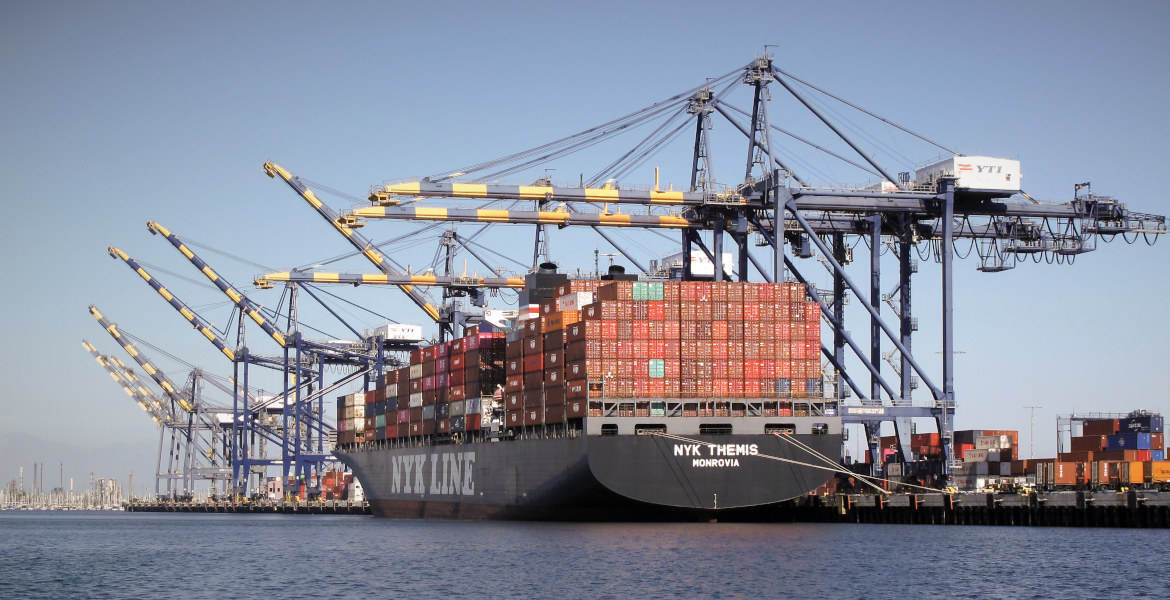The US trade tariffs will have a significant negative economic impact on the Swedish economy, according to analysts
At the same time, Sweden is considered to be “less of a loser” than many other countries – and Swedes can at least take comfort in the fact that the situation could have been much worse anyway.
Maria Persson is an associate professor of economics at Lund University, and in an interview with Bonnier-owned Dagens Nyheter, she notes that the tariffs will mean very large cost increases for Swedish and European trade with the United States.
– At the same time, I am struck by the fact that other countries, such as Japan, China and South Korea, will have even higher tariffs. This is bad news, but we could also have had a situation where we had the highest of all and then it would have been an even greater competitive disadvantage for European companies.
She argues that the negative effects on Swedish exports are expected to be felt quickly – and that the initial negative impact of the tariffs on the US economy is expected to soon drag down many of the world’s economies as well.
Business Sweden’s Chief Economist Lena Sellgren agrees and believes that the EU’s response to the tariffs will be crucial for how Swedish inflation and the Riksbank’s policy rate are affected.
– It is not certain that the policy rate will need to be raised, but it is also not certain that it will continue to be lowered.
Difficult to determine the consequences
The US currently accounts for around 9% of total Swedish exports, but the tariffs risk being a very hard blow to individual industries. Vehicle manufacturers and companies in the chemical and pharmaceutical industries are identified as particularly vulnerable.
– But this does not jeopardize the recovery entirely. For one thing, Sweden has a diverse business community and most of its exports are within Europe, clarifies Sellgren.
Danske Bank strategist Maria Landeborn believes that although Sweden will be affected, other countries, such as Germany, will be hit much harder. At the same time, she says it is difficult to determine what long-term impact they will have.
– The indirect effects may be more difficult. If all these tariffs come into force and stay in place for a period of time, it will negatively affect the growth of other trading partners.
She believes that the uncertainty will dampen economic activity throughout the world and that this will also be felt in Sweden.
– And it’s actually worse than us getting a 20 percent tariff on the goods we ship to the US.
Inflation may rise as goods become more expensive
Mattias Persson at Swedbank also believes that global growth will slow down sharply, that stock markets are expected to continue falling and that “we will all lose from this“.
Nordnet Bank’s savings economist Frida Bratt believes that Swedish households will also be directly – and indirectly – affected by the tariffs.
– The immediate impact is of course on our savings if you have them invested in the stock market. Many people have already seen their funds fall in value and the uncertainty is likely to continue after this. But the indirect consequences have to do with the impact on the US economy, she says to Nyheter 24.
– The tariffs risk hurting the US economy as goods become more expensive for businesses and consumers, which has consequences for other economies that export a lot to the US. Sweden does not export excessively much to the US, but we will be affected if, for example, the German economy were to deteriorate because the US buys fewer goods from there. Inflation could rise, which could also have consequences for interest rates in Sweden in the end.
She also points out that there is a lot of “uncertainty” and urges Swedish savers not to panic even if the stock market falls.
– If you are a long-term investor, however, I think you should try not to panic, but instead ensure that you have good diversification and risk spread in your savings. Some sectors are also more resilient than others, such as banking, defense and defensive sectors with exposure to Sweden, such as telecom and food.








